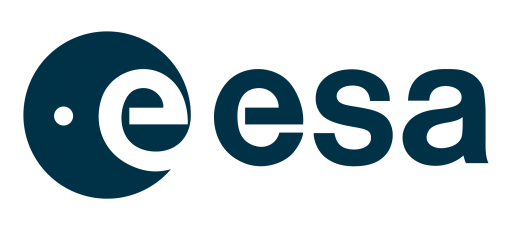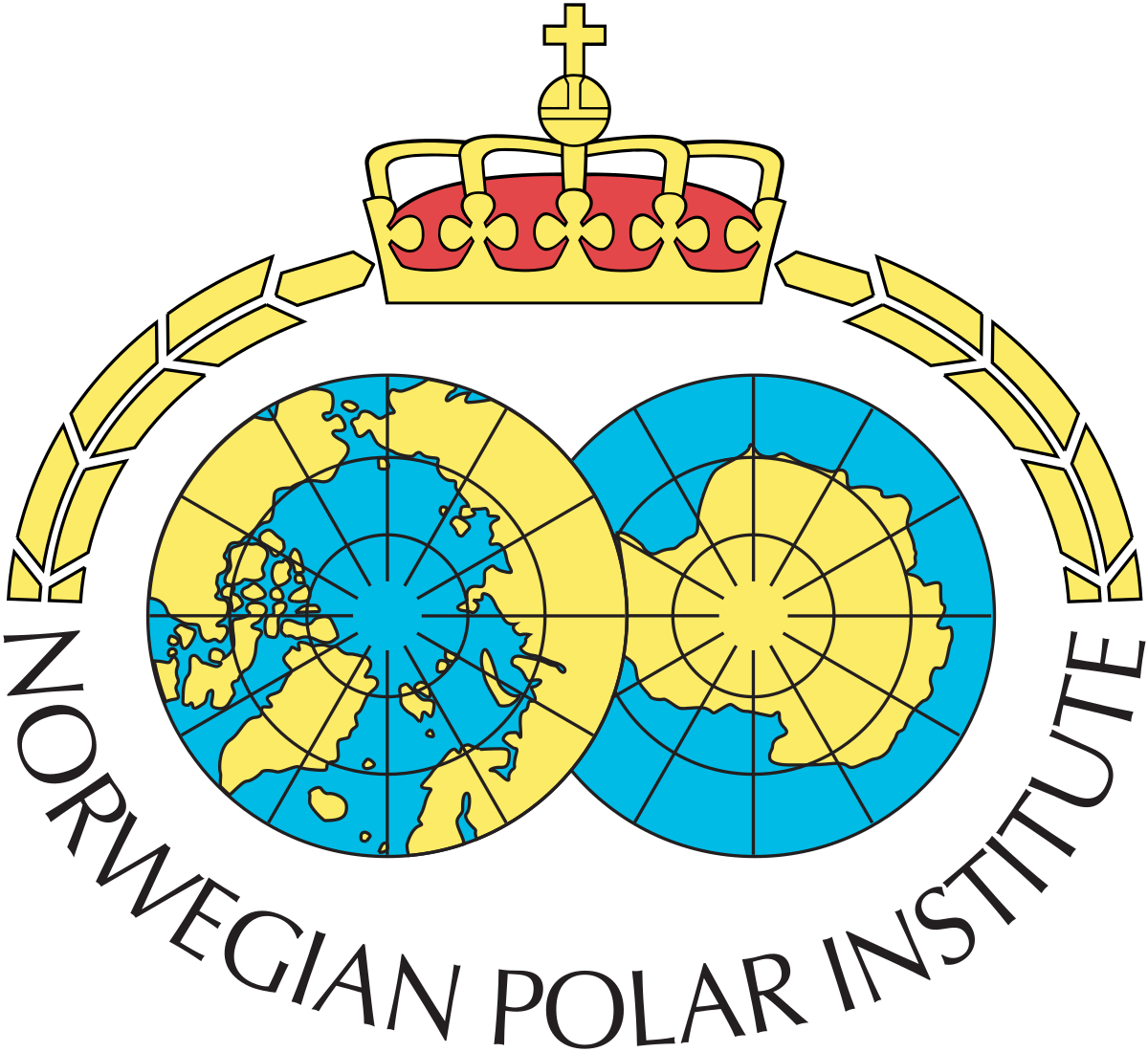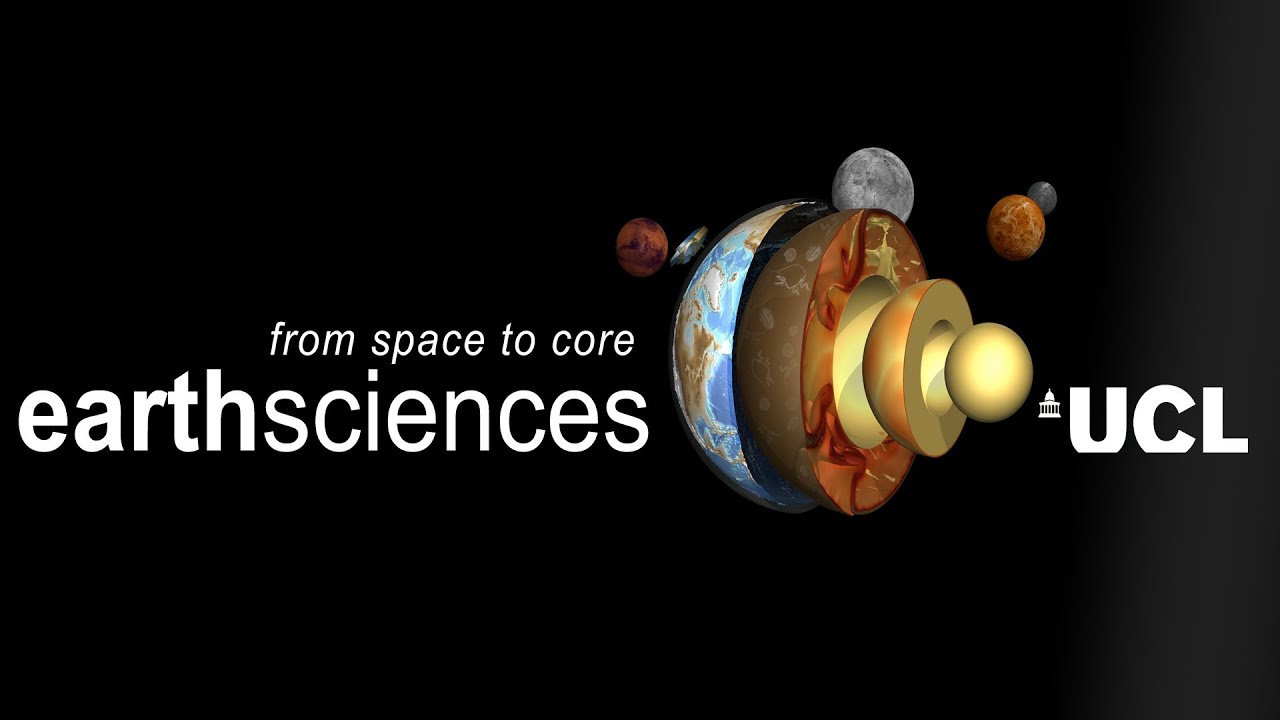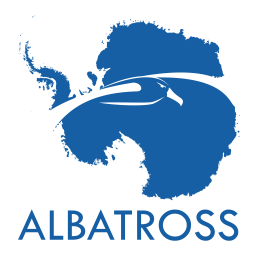ALBATROSS
ALtimetry for BAthymetry and Tide Retrievals for the Southern Ocean, Sea ice and ice Shelves
The ALBATROSS project, led by NOVELTIS in collaboration with DTU, NPI and UCL, is one of the activities funded by ESA in the frame of the Polar Science Cluster, with the objective to foster collaborative research and interdisciplinary networking actions.
In this framework, the ALBATROSS ESA project aims to improve knowledge about bathymetry and ocean tides in the Southern Ocean.
The knowledge about ocean tides is at the crossroads of many scientific fields, especially in the Polar regions, as it has significant impact on ocean circulation modelling and the understanding of the coupled dynamical response of the ocean, sea ice and ice shelves system, the quality and accuracy of sea surface height and sea ice parameter estimates from satellite altimetry, or the understanding of ice-shelf dynamics, for example.
Today, this knowledge is still limited by several aspects, such as the quality of bathymetry information, hydrodynamic model resolution and in situ and satellite observations availability for data assimilation and model validation.

The objectives of the project are the following:
- Improve the knowledge on bathymetry around Antarctica, considering decade-long most recently reprocessed CryoSat datasets, innovative information on bathymetry gradient location through the analysis of sea ice surface roughness characteristics, and the compilation of the best available datasets in ice-shelf regions.
- Improve the knowledge on ocean tides in the Southern Ocean through the implementation of a high-resolution hydrodynamic model based on the most advanced developments in terms of ocean tide modelling, and data assimilation of observations, including satellite-altimetry derived tidal retrievals from the most recent and relevant satellite altimetry products.
- Improve satellite altimetry retrievals of sea surface heights and sea ice information thanks to the new tidal model solution.
- Improve the retrievals of ice shelves parameters thanks to the new tidal model solution.
- Share information and knowledge with other Polar science initiatives and projects.
The ALBATROSS project will span from 2021 to 2023:






